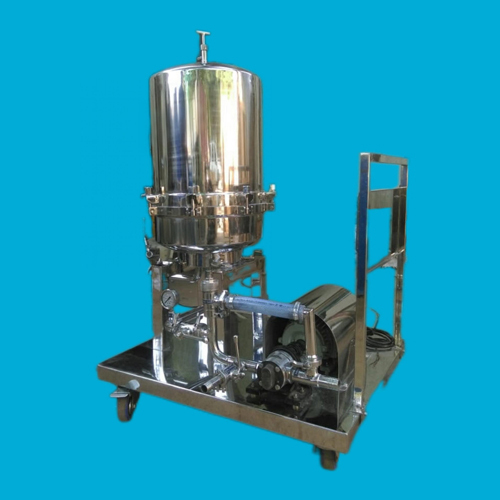A Complete Guide to Filtering
페이지 정보

본문

A mechanical press is a processing equipment used in factory settings, such as wastewater treatment, to strain out contaminants from liquids through a process called filtration. Understanding press cycles is essential for good maintenance, optimal maintenance, and selecting the most suitable press for your specific press.
Filter filtering stages can be divided into four main stages:
- first filtering phase - This is the step in which the feed slurry is pumped into the filtering materials. Different models of mechanical presses have various options for filter press in waste water treatment screen types. The most popular choices include Automatic Screw Press.
- closure cycle - Once the filtering materials are filled with the initial liquid, the equipment begins the second filtering phase. This procedure closes the screens together, applying the specified force to the liquids for purification to occur. The pressure is usually achieved through a mix of mechanical and movable mechanisms.
- filtering process - During this cycle, purification takes place as the pressure levels forces the liquids out of the filtered particles. The fluid is collected as clear water while the filter cake is retained as filtered particles. The absorption quality largely depends on this process.
- third filtering phase - At the end of the filtration cycle, the equipment reverses the pressure levels, loosening the screens to allow for solid residue removal. Solid residue is the particles remainder left after filtering occurs. Disengaging the equipment must be approached thoughtfully to prevent harm to the equipment itself.
Industrial process efficiency also lies in being able to act swiftly to instances of potential malfunction, reducing disruptions, and decreasing upkeep and electricity costs. Periodically checking the machine for wear and choosing a credible manufacturer may largely benefit your equipment performance.
Furthermore, keeping up to date with best practices and maintaining documents for each filtering stage allows you to easily notice and troubleshoot any ongoing difficulties, guaranteeing the full advantage and productivity of your factory performance.
- 이전글Never Changing Internet Poker Will Eventually Destroy You 25.06.10
- 다음글What Could Online Texas Holdem Do To Make You Change? 25.06.10
댓글목록
등록된 댓글이 없습니다.

